New research involving ketamine is showing a great deal of promise in individuals who have suicidal thoughts or who have attempted suicide. Suicide is the 2nd leading cause of death for Americans aged 15-34 and the 10th leading cause of death across all age groups; on average, 123 people take their own lives every single day. Nearly half a million people attempted to kill themselves in 2017. More than half of all suicides are by self-inflicted gunshot, and men account for 7 out of 10 suicides. According to the Centers for Disease Control, American suicides reached an epidemically 30-year high in 2016. The economic toll from suicides is approaching $51 billion per year.
While not all suicides are caused by depression, the decision to commit suicide is usually impulsive, thus effective preventive measures are difficult to implement. Antidepressants and sedatives, while somewhat effective in reducing symptoms of depression and alleviating suicidal thoughts, take weeks to have an effect. And despite suicide awareness and prevention programs being on the rise, individuals with severe depression and major suicidal tendencies desperately need faster and longer-lasting forms of therapy.
There is hope.
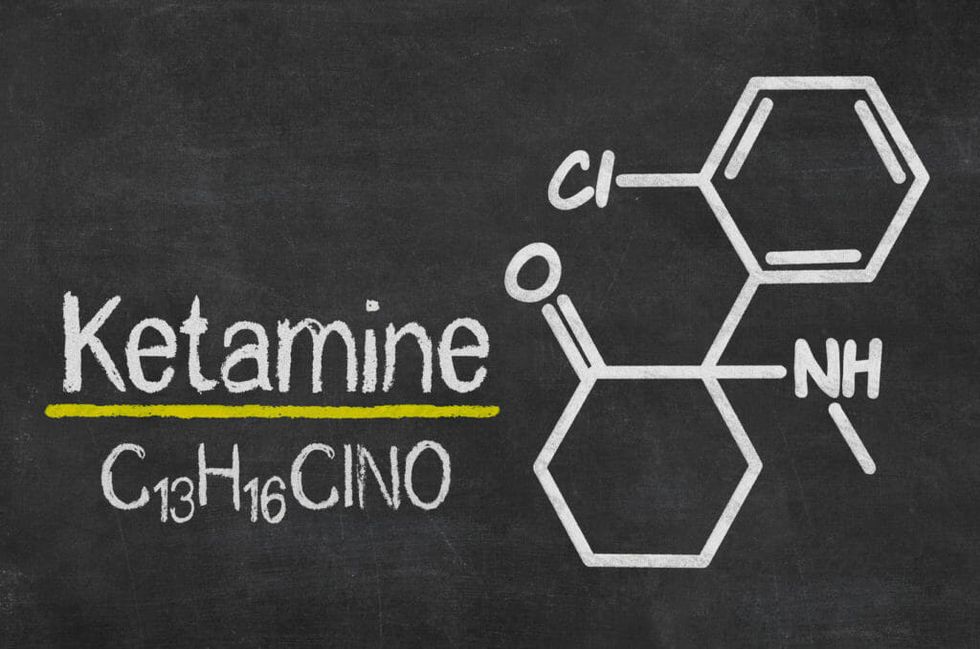
In December 2017, researchers at Columbia University published a breakthrough study in the Journal of American Psychiatry, in which intravenous ketamine was administered to 80 patients suffering from major depressive disorder and suicidal ideation (which includes suicidal thoughts or attempts). Participation was voluntary and conducted as an inpatient procedure at the New York State Psychiatric Institute.
This is a new approach from previous studies involving ketamine, because “rapid reduction in suicidal thoughts after ketamine treatment has mostly been studied in patients with low levels of suicidal ideation,” according to the study.
“It does suggest ketamine treatment can help someone who’s in a really serious suicidal state get out of that quickly,” study author and associate professor of psychiatry at Columbia University Medical Center Michael Grunebaum said in an interview with Gizmodo. “Certainly, it would be a relatively simple treatment to provide at hospitals.”
Subjects were randomly assigned to receive either ketamine or midazolam, a common sedative similar to ketamine which is used in the treatment of depression. The results were remarkable and very encouraging. Within just 24 hours, patients receiving a ketamine infusion showed a substantial decline in suicidal thoughts when compared to the midazolam. The positive effects of ketamine lasted up to six weeks, and in addition to alleviating suicidal thoughts, individuals experienced less fatigue and depression as well as a general improvement of mood, when compared to the midazolam group.
“There is a critical window in which depressed patients who are suicidal need rapid relief to prevent self-harm,” Grunebaum told Columbia University. “Currently available antidepressants can be effective in reducing suicidal thoughts in patients with depression, but they can take weeks to have an effect. Suicidal, depressed patients need treatments that are rapidly effective in reducing suicidal thoughts when they are at highest risk. Currently, there is no such treatment for rapid relief of suicidal thoughts in depressed patients.”
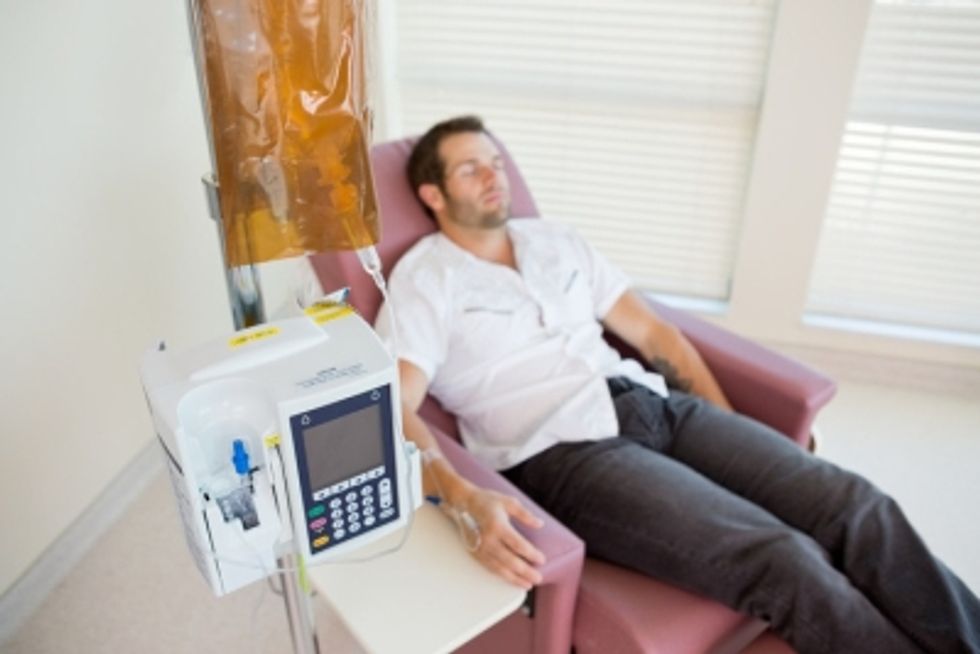
Side effects from ketamine were mild and included high blood pressure and feeling spacey (known as dissociation), though these effects wore off within a few hours of administration. “Adjunctive ketamine demonstrated a greater reduction in clinically significant suicidal ideation in depressed patients within 24 hours compared with midazolam, partially independently of antidepressant effect,” the study concluded.
Although ketamine is not currently approved by the FDA for treating depression, esketamine, an ant-depressant derived from ketamine, was given its second breakthrough status by the FDA in 2016. If approved, esketamine will become the first major depressive disorder treatment in more than half a century offered to the public. Researchers and patients are hopeful that future studies will eventually lead to ketamine obtaining FDA approval for treatment of severe mental illness.
The Columbia University findings are only the latest in a litany of studies into the potential benefits of ketamine therapy.
In 2010, the Journal of the American Society of Anesthesiologists published a report outlining ketamine’s role as an alternative to opioid painkillers and as a treatment for opioid addiction. Vicodin (hydrocodone/acetaminophen), the most commonly prescribed drug in the United States, is largely responsible for the epidemic of opioid dependency. Ketamine, it was found, reduces the brain’s tolerance to opiates; reducing tolerance lessens the chance of patients needing higher doses of drugs like Vicodin, a risk in pain management which often leads to dependency.
“An ideal drug would reduce opioid tolerance, would attenuate opioid-induced hyperalgesia, and would have proven analgesic properties of its own. Ketamine and perhaps α-2 agonists such as dexmedetomidine may fill the bill,” writes study author Martin Angst. “A large body of work in laboratory animals indicates that ketamine can block the development of opioid tolerance and opioid-induced hyperalgesia and reverse both phenomena, at least partly, when already present.”
The National Institutes of Health (NIH) in Bethesda, MD is currently conducting a clinical trial in which ketamine is administered as a rapid antidepressant in patients with severe depression and bipolar disorder. The goal of the study is to determine if ketamine’s efficacy is related to its blockage of NDMA, a brain receptor responsible for causing symptoms of depression. Although the study is still ongoing, the NIH team is hoping to expand upon a previous study in which “ketamine produced a rapid antidepressant effect within hours, but the effect lasted less than 1 week.”
“Several medications are effective for treating depression; however, they take weeks or months to achieve their full effects. A more rapidly acting antidepressant would have a significant impact on the treatment of depression,” the study states. “Understanding how ketamine works may lead to a better understanding of the causes of depression and the design of a longer lasting rapidly acting antidepressant.” Positive results from the NIH trials, in addition to the success documented at Columbia University, would undoubtedly elevate ketamine’s fascinating potential as a therapeutic drug. Future studies and trials will also give researchers more insight into ketamine’s effects on the brain; just why ketamine is so effective is still a bit of a mystery.
What is ketamine?
Ketamine is a dissociative anesthetic and sedative used in hospitals and veterinary clinics for anesthesia and pain management. First approved by the FDA in 1970 as an anesthetic and sedative for wounded soldiers during the Vietnam War, ketamine consistently garnered attention as a potential therapy for psychiatric conditions such as major depressive disorder.
In 1999, the FDA placed ketamine on its list of schedule III controlled substances, which greatly limited access and research on the drug’s therapeutic potential. When administered in controlled clinical settings, ketamine is an effective and relatively safe drug with limited to mild side effects, most of which wear off within a few hours after a ketamine infusion. Long-term abuse, however, can actually cause depression, as well as tachycardia, memory loss, and bladder malfunction.
 Ketamine. Source: Gateway Psychiatric
Ketamine. Source: Gateway Psychiatric
Ketamine produces a variety of psychoactive effects. Euphoria, enhanced sensations, and loss of motor skills are common when under the influence. Ketamine, often referred to as “special k” or “kitty,” is a popular recreational drug, especially at raves, due to its ability to generate hallucinations and enhance visual and auditory perceptions. As a dissociative, ketamine can make users feel like their mind and body become detached. For some, this can be a frightening experience, but for others, landing in a “K-Hole” is a fun-but-confusing psychedelic trip, wherein the physical body becomes irrelevant and reality is perceived like a vivid dream.
“This can include delusions, misconception about the body, hallucinations or a near death experience,” explains Ketamine.com, a website dedicated to promoting ketamine safety. "It is not uncommon for users to experience complete lack of judgment, rape, violent behavior or erratic outbursts while under the influence of Ketamine.” The effects are unique to each user; however, prolonged abuse can trigger ketamine dependency. Most recreational ketamine is stolen from veterinary clinics.
Ketamine is not the only quasi-psychedelic drug hoping to get a green light from the FDA. In 2017, MDMA was awarded breakthrough status as a treatment for PTSD. Trials involving psilocybin in magic mushrooms, and LSD (acid) as treatments for depression, PTSD, and other psychiatric disorders are currently underway. Like ketamine and MDMA, psilocybin and LSD show significant promise as alternatives to failed conventional therapies, such as antidepressants and SSRIs.

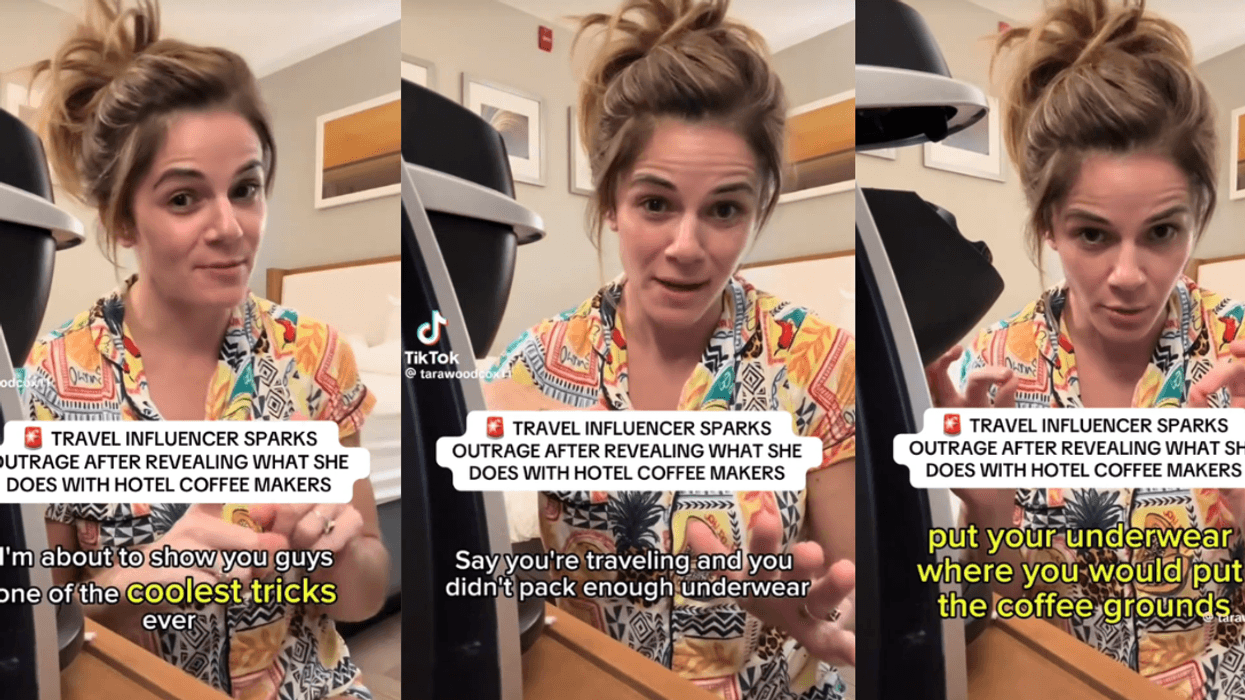
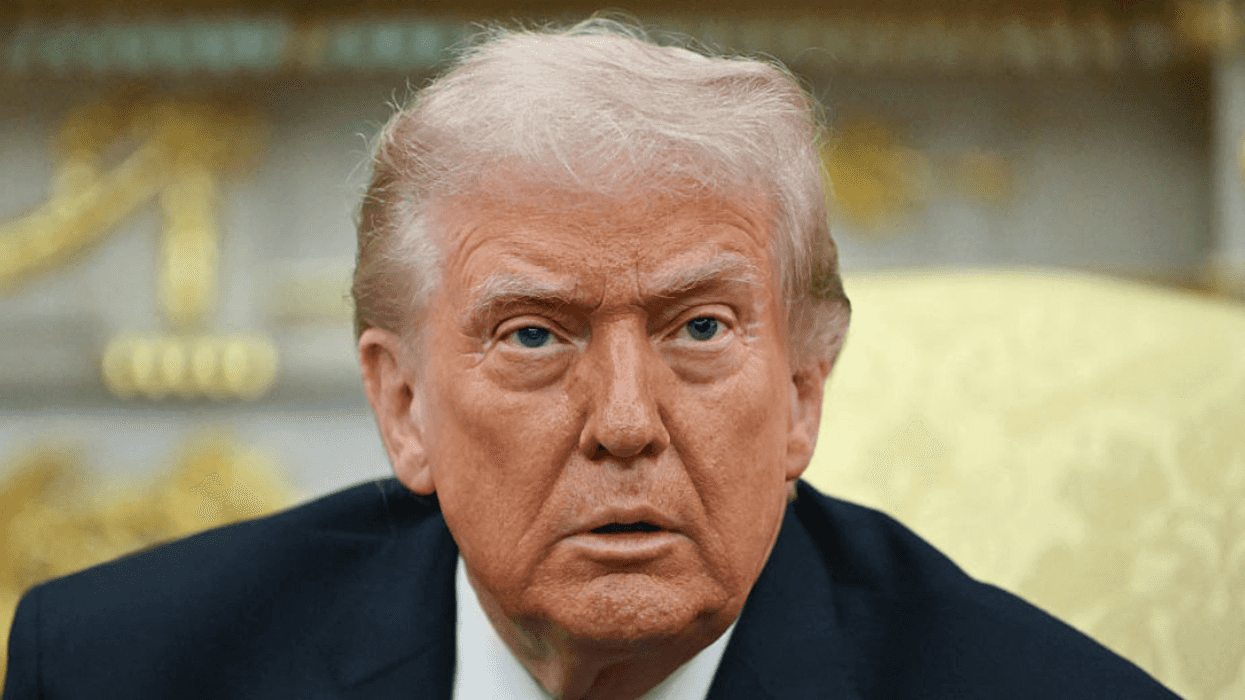

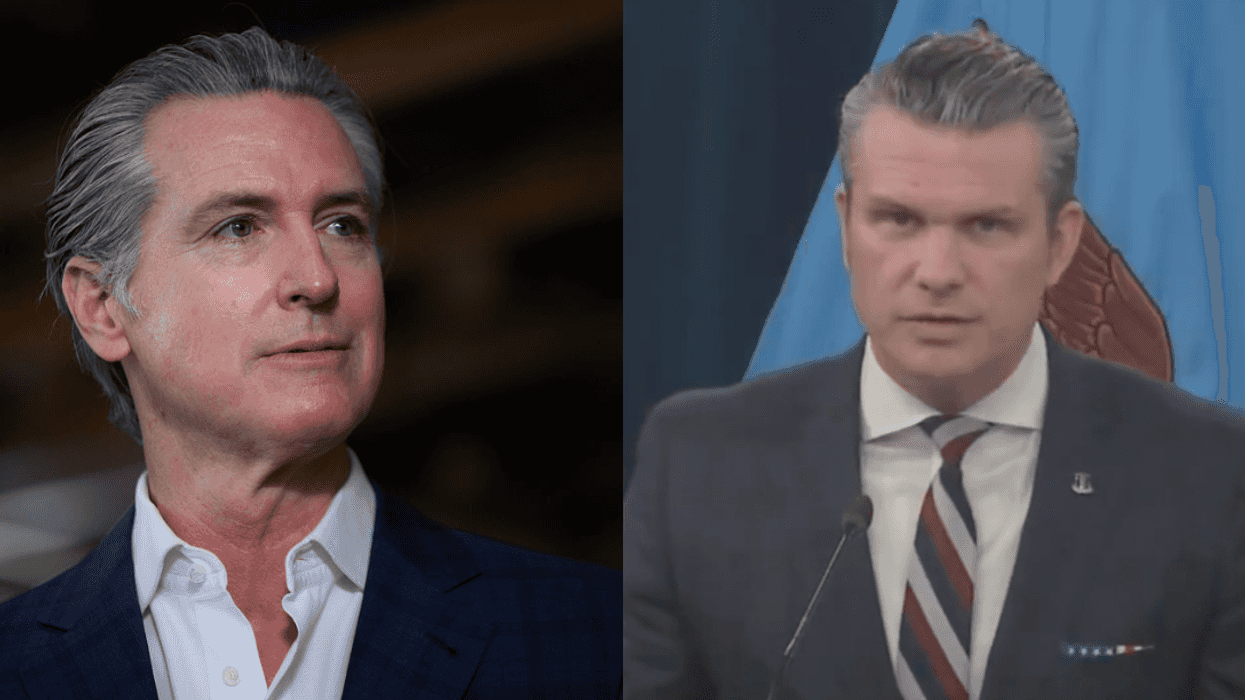
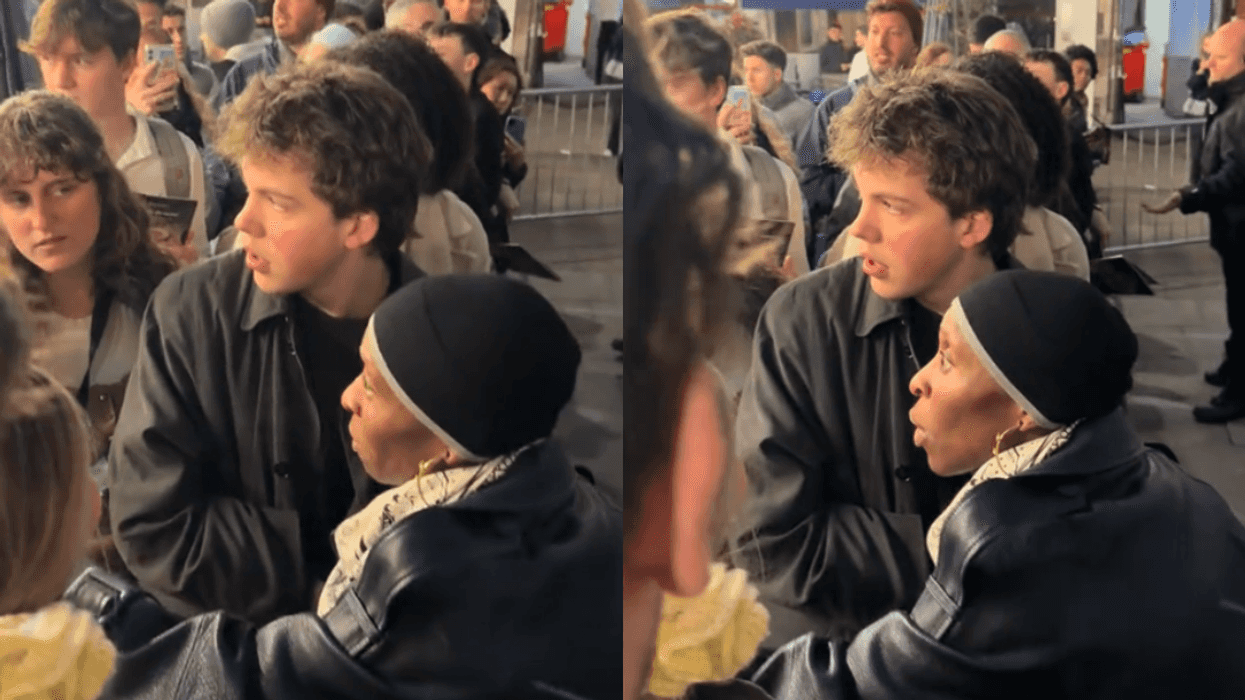
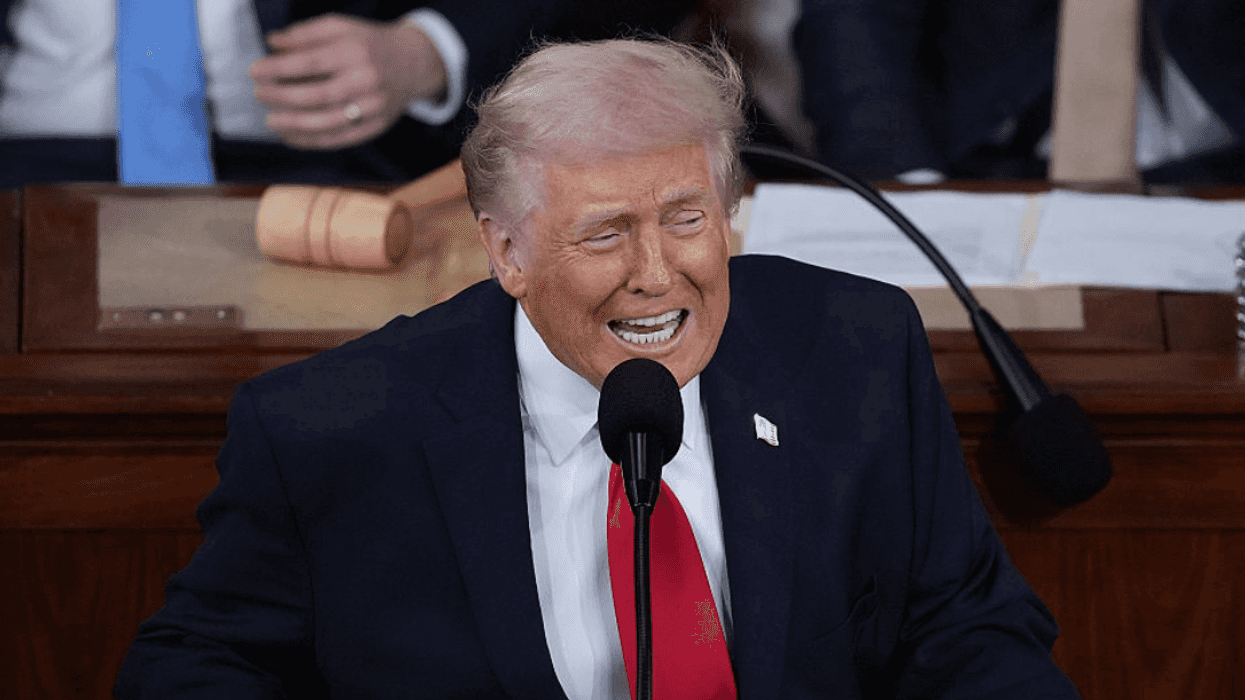
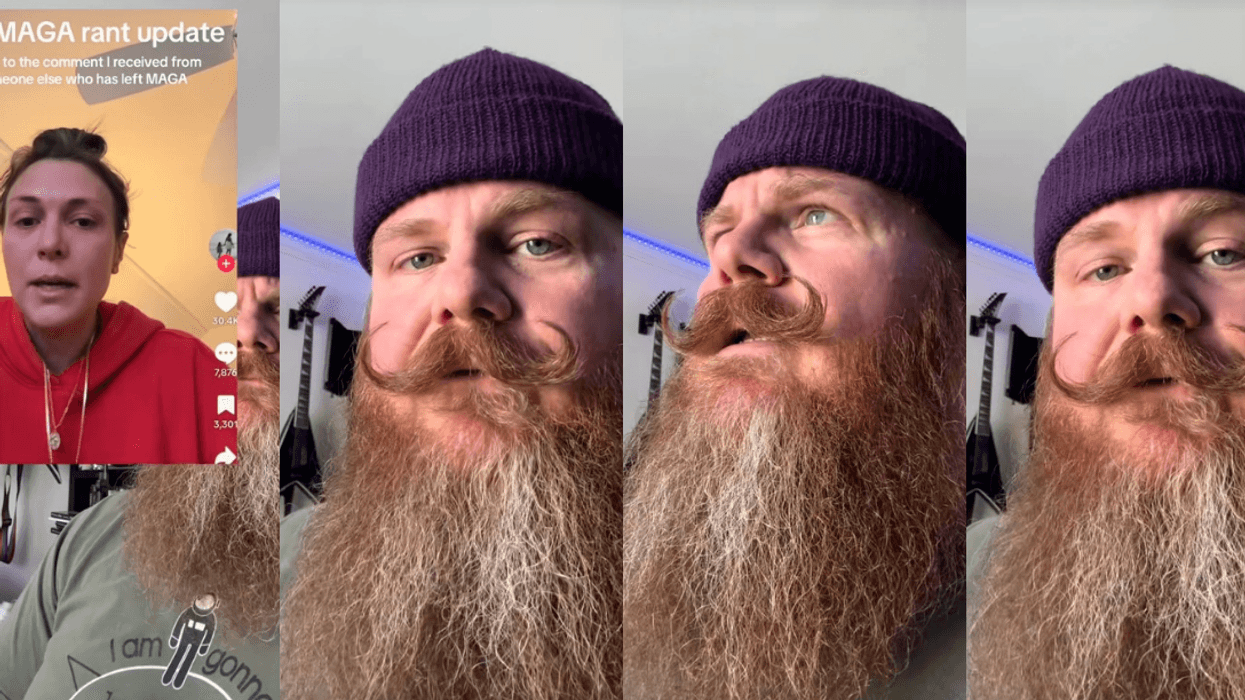





 @maddiemcrojas/Instagram
@maddiemcrojas/Instagram @eeemgeeebeee/Instagram
@eeemgeeebeee/Instagram @chefmelissaking/Instagram
@chefmelissaking/Instagram @catsonacouch/Instagram
@catsonacouch/Instagram @alwayskimhill/Instagram
@alwayskimhill/Instagram @_completelybooked/Instagram
@_completelybooked/Instagram @whereisrobinusa/Instagram
@whereisrobinusa/Instagram @veeeekaaay/Instagram
@veeeekaaay/Instagram @getlei_d/Instagram
@getlei_d/Instagram @andrebsteele/Instagram
@andrebsteele/Instagram @xxthisiskkxx/Instagram
@xxthisiskkxx/Instagram @ddrobjr/Instagram
@ddrobjr/Instagram
